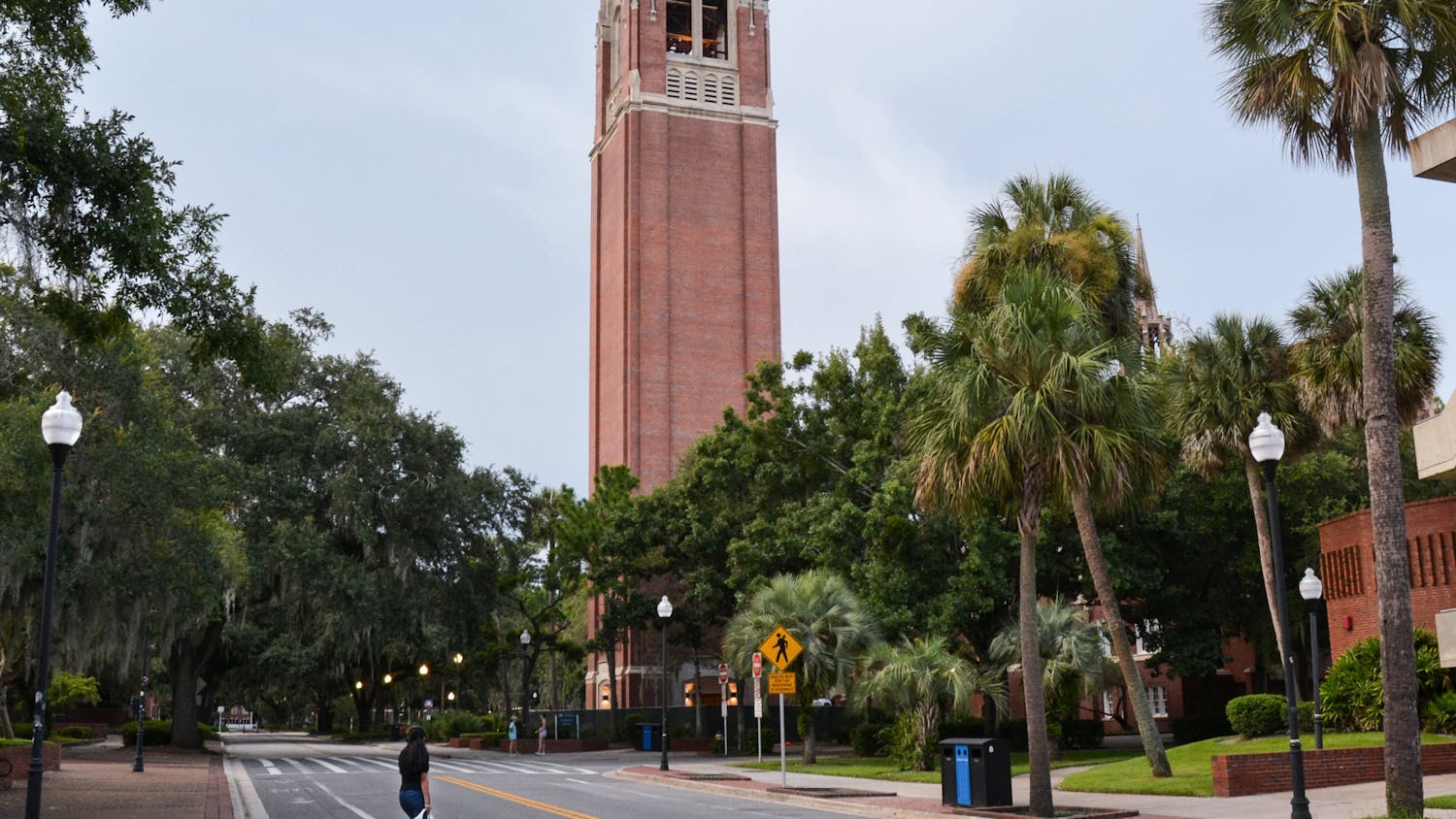When UF junior Gloria Tavarez wakes up in the morning, she harvests her crops.
Knowing what to plant next involves strategy. She considers how long each crop will take to grow, making sure they’ll be ready to harvest in between classes. During these gaps in her schedule, she can dash to a computer lab and log into Facebook, home of FarmVille.
However, she makes sure the lab isn’t busy. She doesn’t want to play a game while there’s a line of people waiting — it’s kind of embarrassing, she said.
“You have to make sure no one’s looking,” she said.
But to Tavarez, it’s worth it.
“It’s kind of pathetic, but it’s a lot of fun,” she said. “At first I thought it was really boring, but then it got addicting.”
Tavarez said she logs in at least three times a day to check FarmVille, a Facebook application with more than 63 million active monthly users.
UF students like Tavarez are part of this group, growing and harvesting virtual crops while earning coins and helping out neighboring farms.
She said it’s a fun distraction and a good form of procrastination.
Christopher Sessums, a postdoctoral associate in educational technology, said FarmVille’s agrarian nature might have something to do with its popularity.
He said the United States has its roots in farming, which has the connotation of being something pure and positive. FarmVille also has the feel of being “green,” he said, and its way of rewarding work with coins can instill a sense of affirmation in the user.
“It affects us emotionally in a positive way,” he said. “It makes sense that it would be popular.”
Sessums said online social gaming applications like FarmVille take the place of games people played as children, like kickball. Online gaming allows for this kind of social play, but it also lets the player switch roles or identities.
Tavarez said she wanted to live on a farm when she was a kid, and with FarmVille, she’s able to take care of a farm of her own.
“It looks pretty, without the stink or the mess,” she said.
While FarmVille involves a lot of features that are similar to real farming, Michael Gunderson, an assistant professor of food and resource economics, said it’s not totally accurate.
He said the main difference between the game and real farming is biological processes don’t occur on a schedule.
“You don’t just show up, and it’s ready to go,” he said.
Despite the discrepancies, he likes the application. He said people tend to think of agriculture as not requiring much education or savvy.
“Real agriculture couldn’t be further from [that],” he said.





